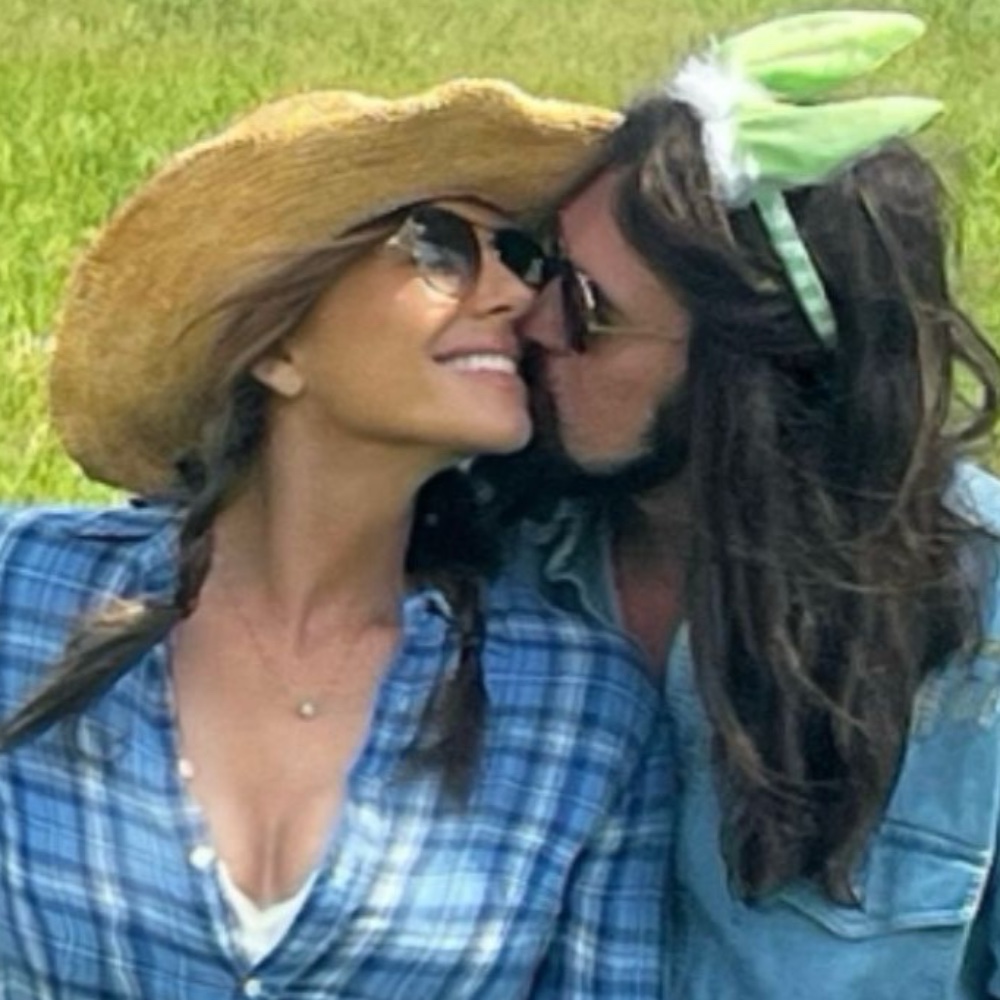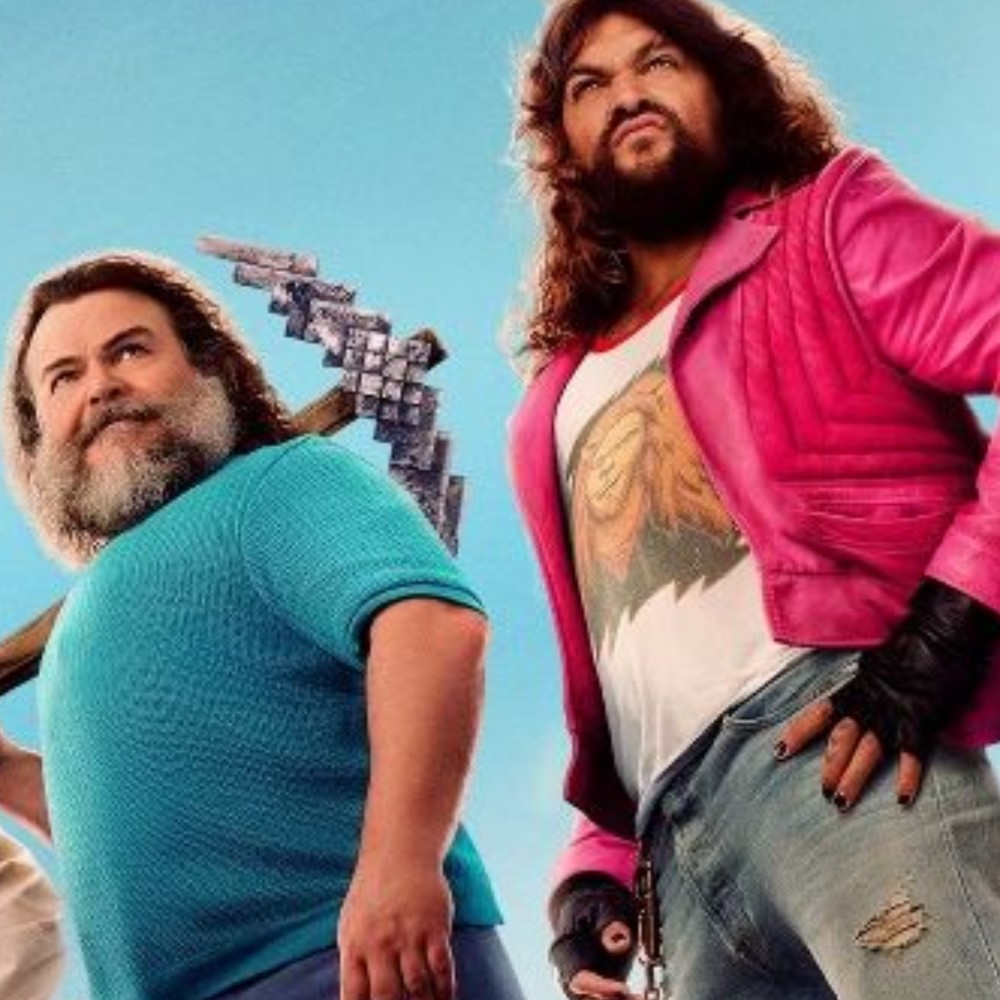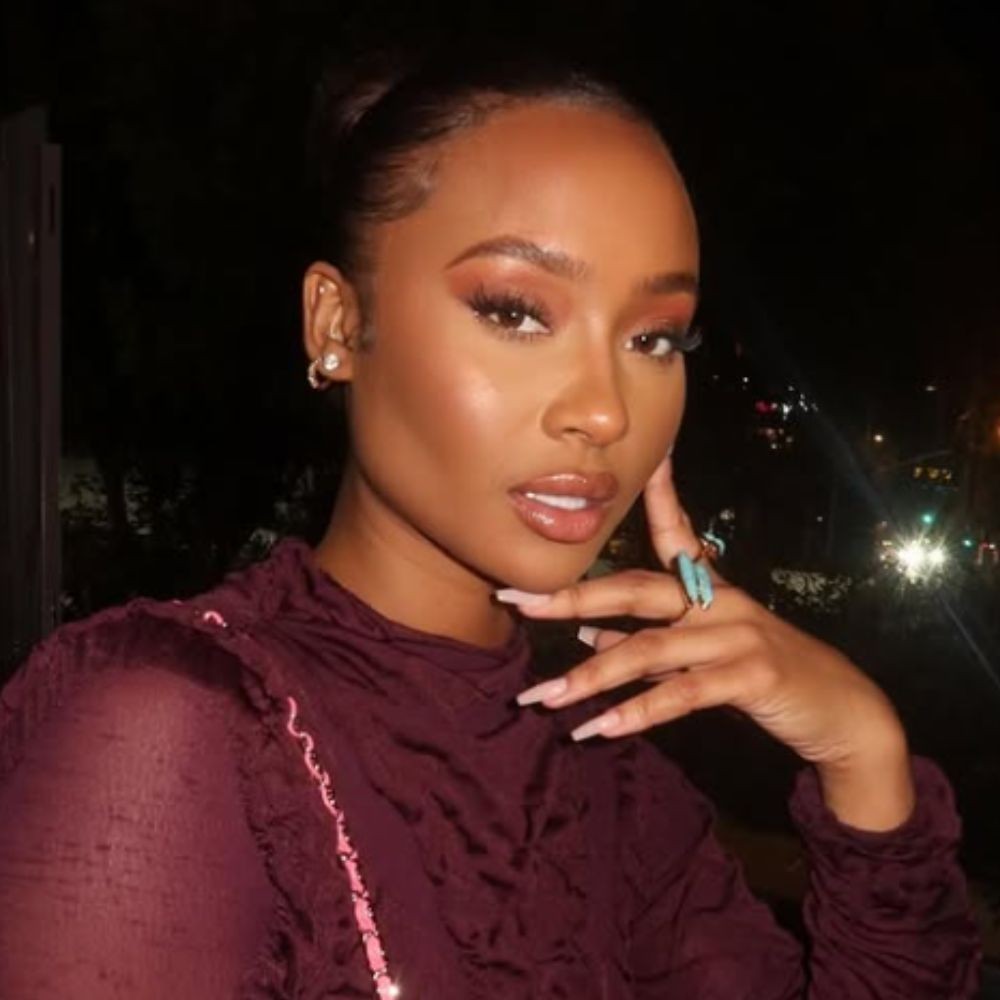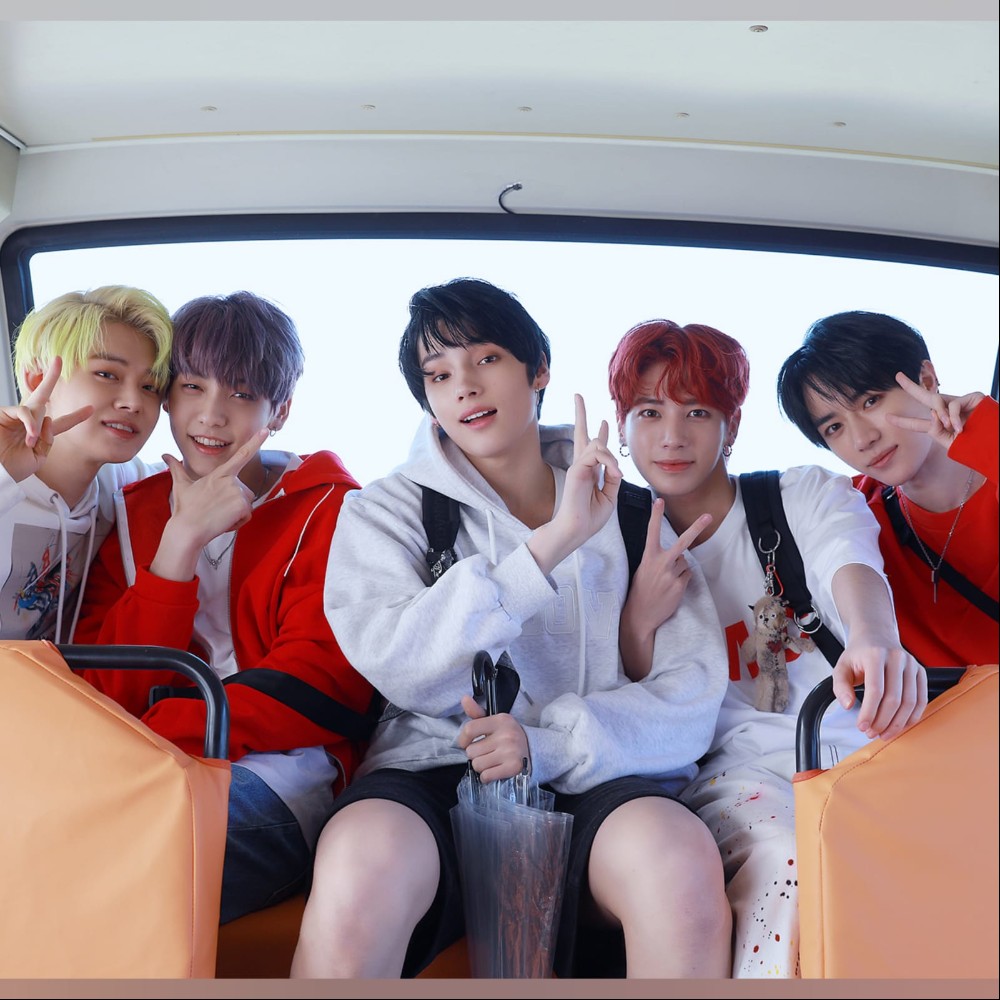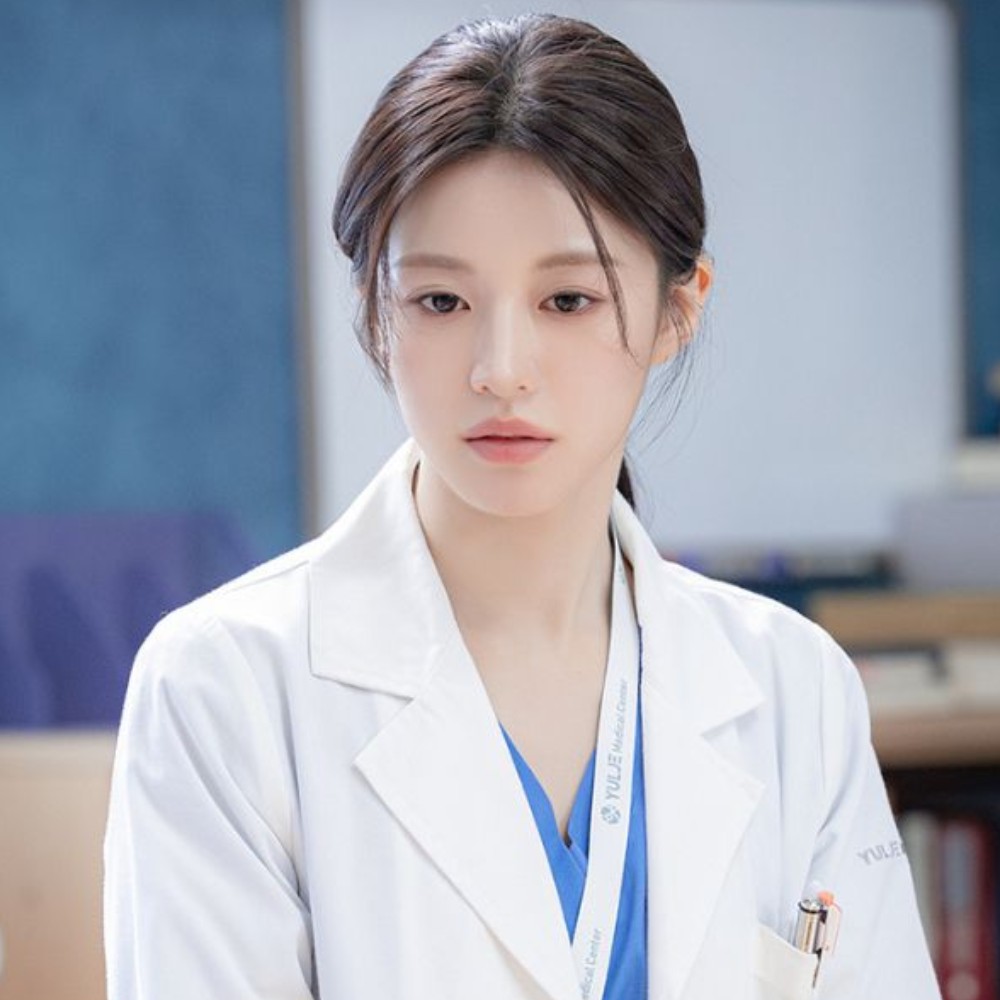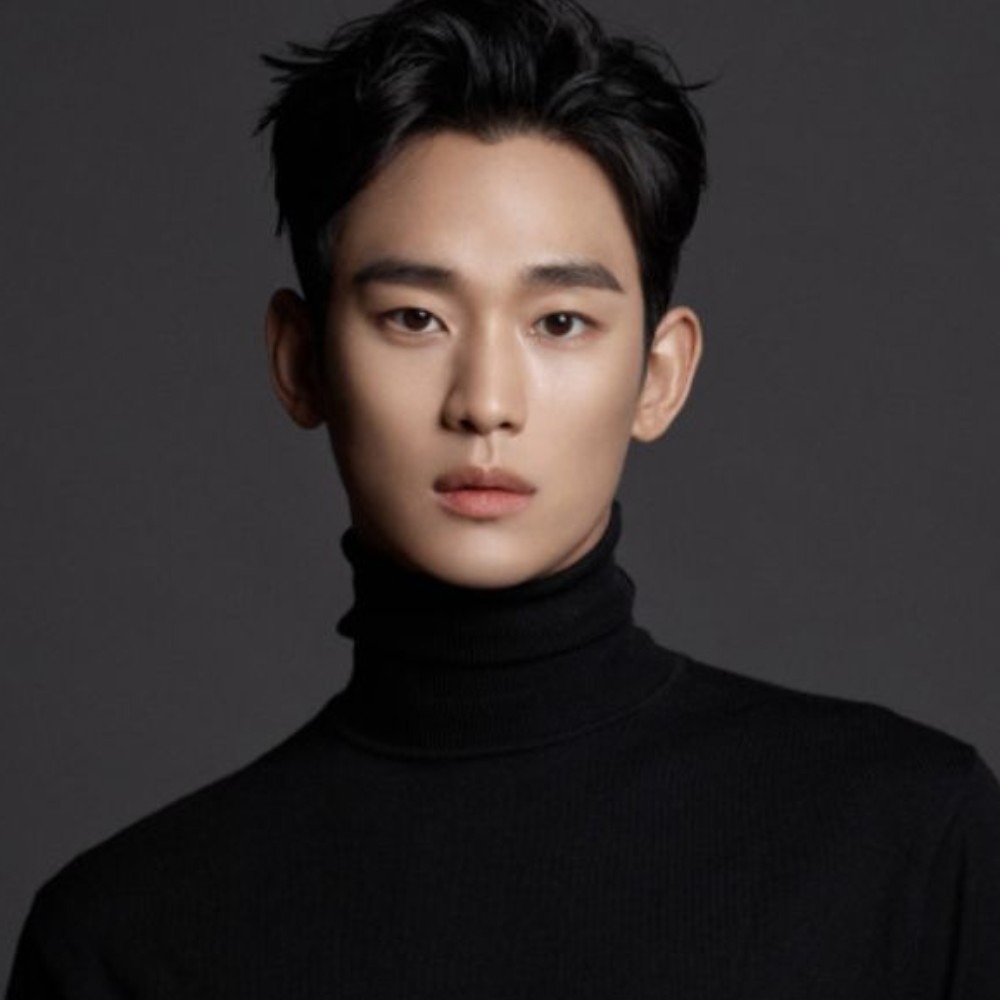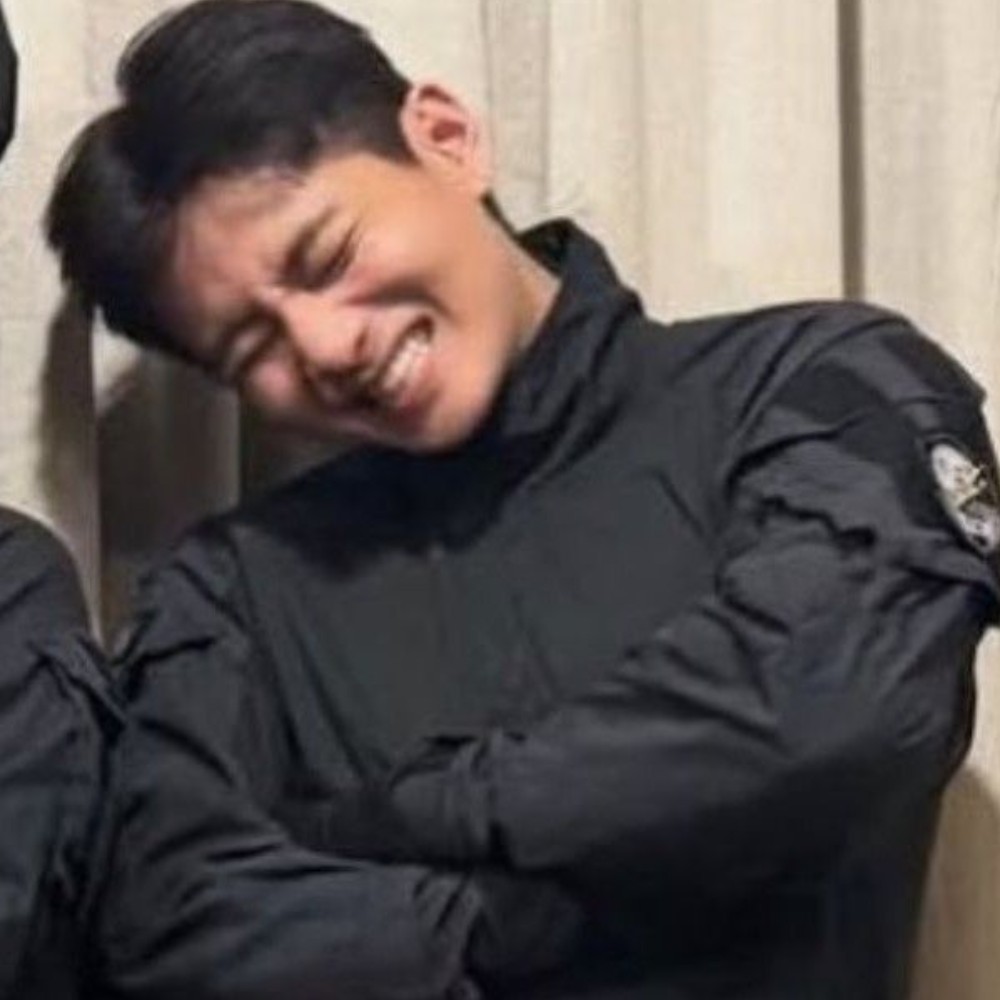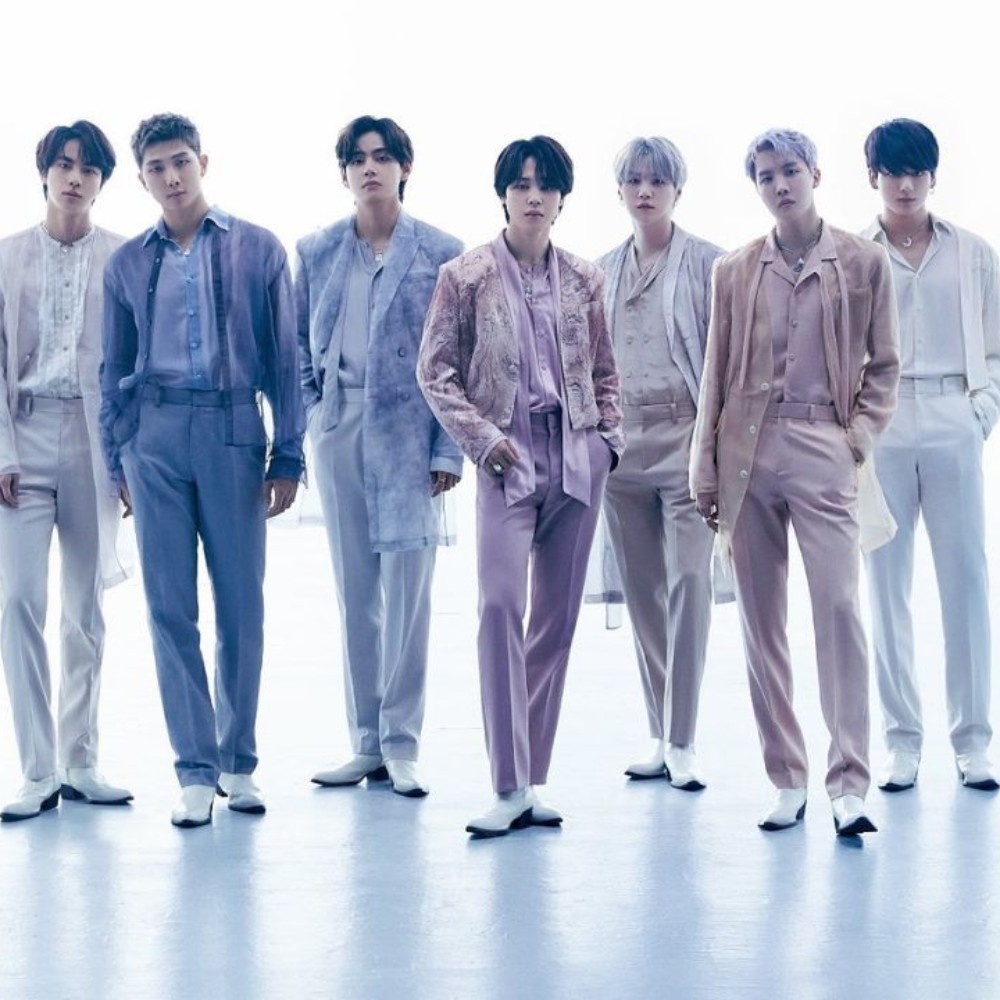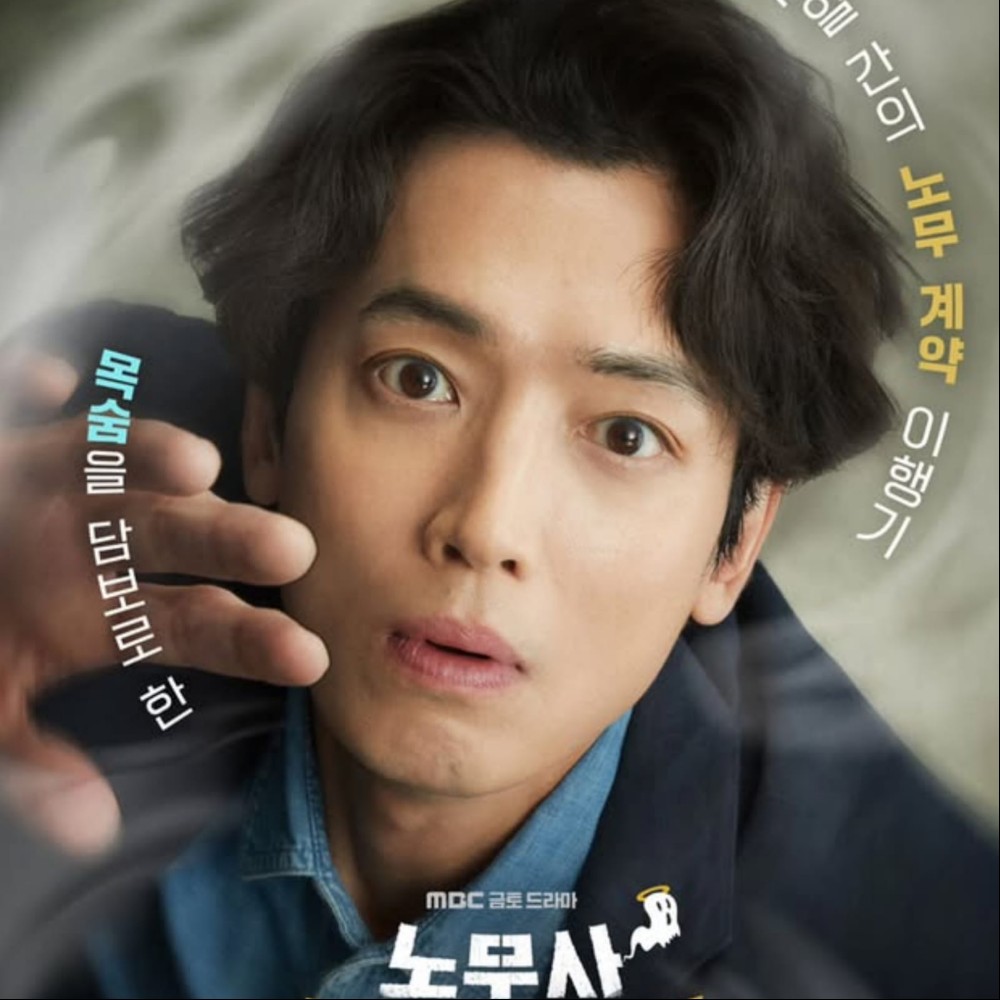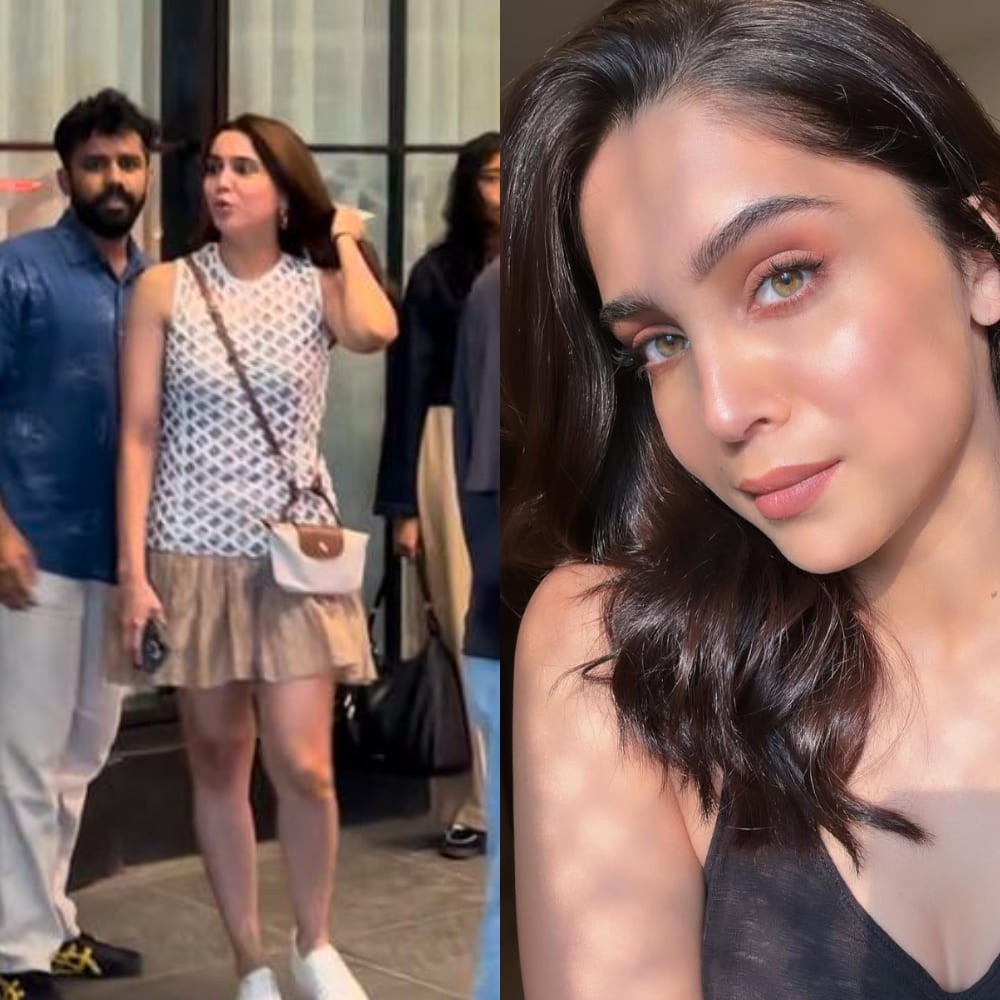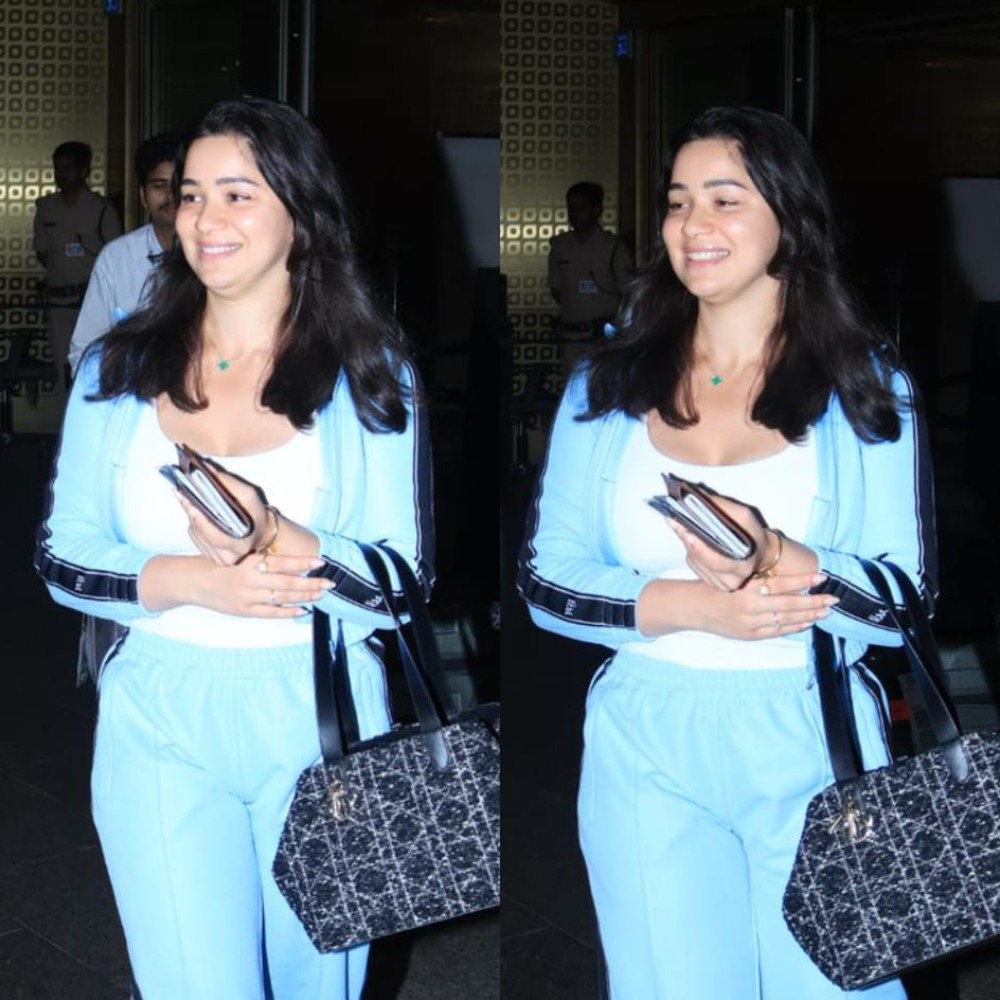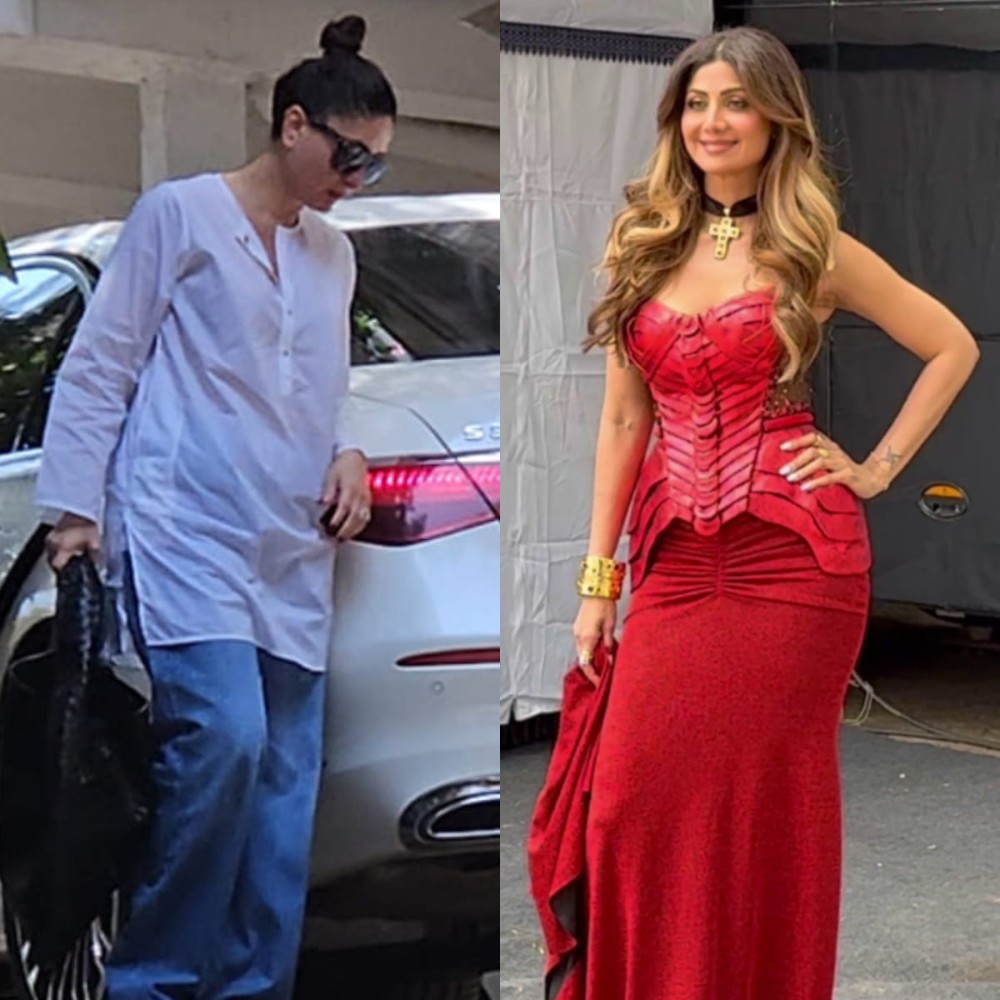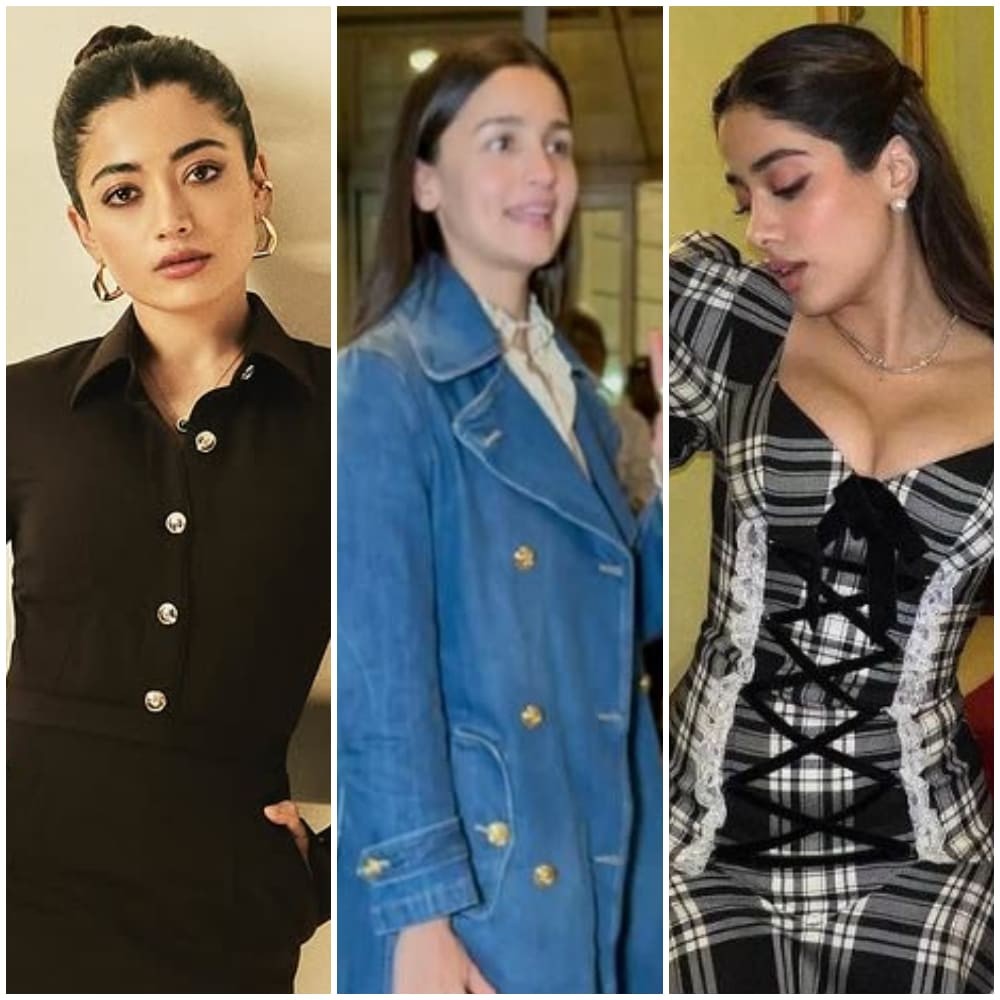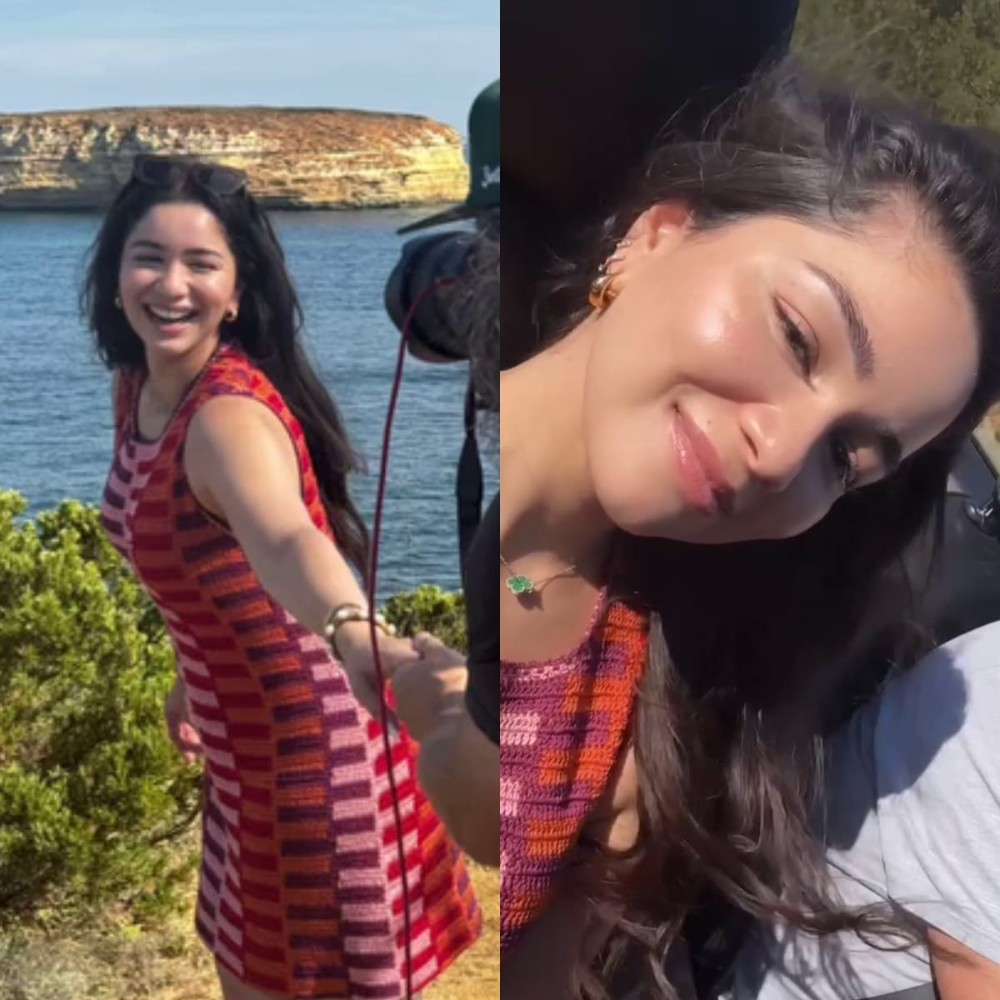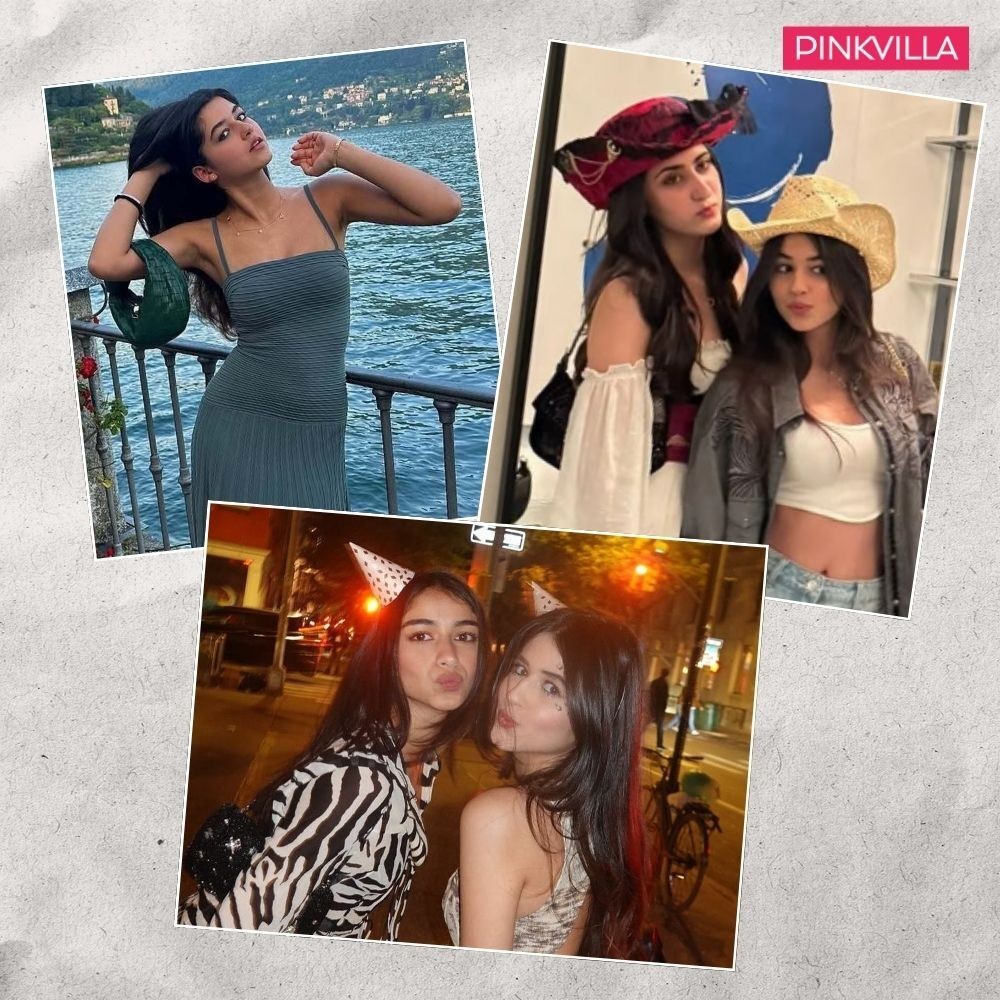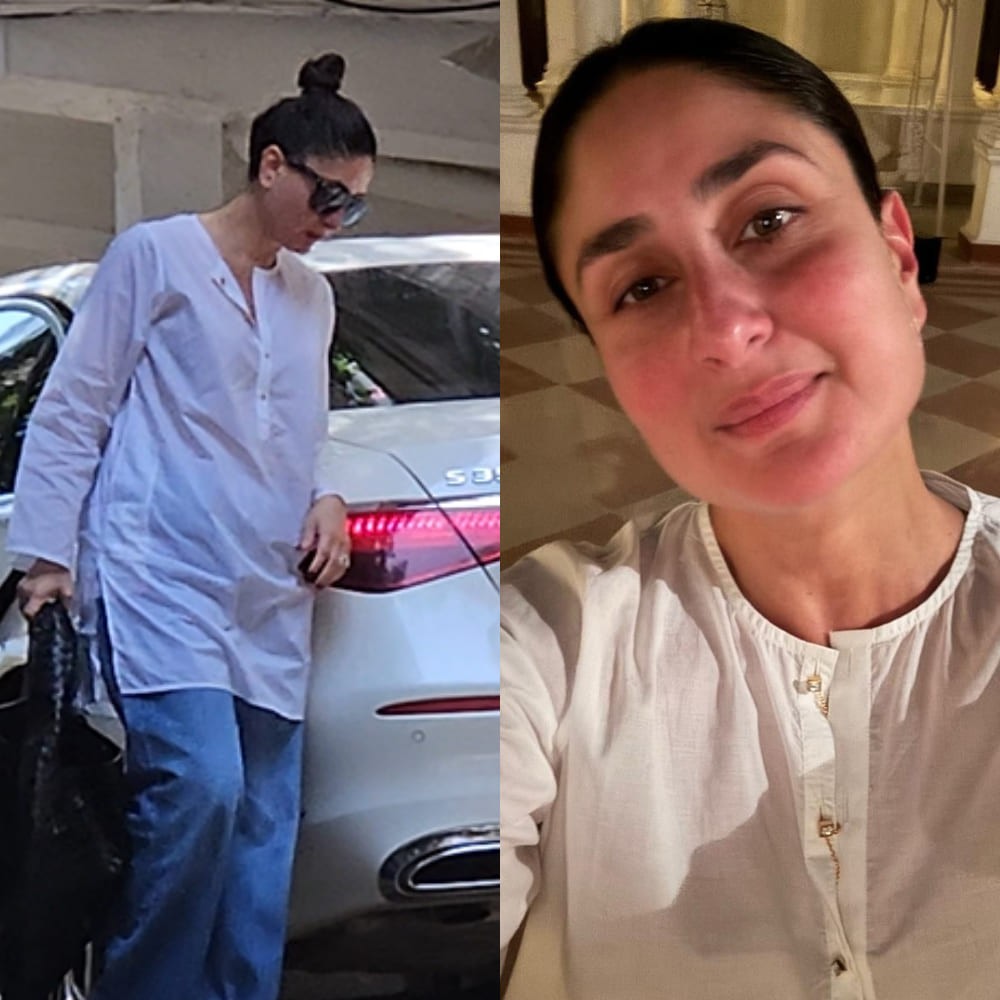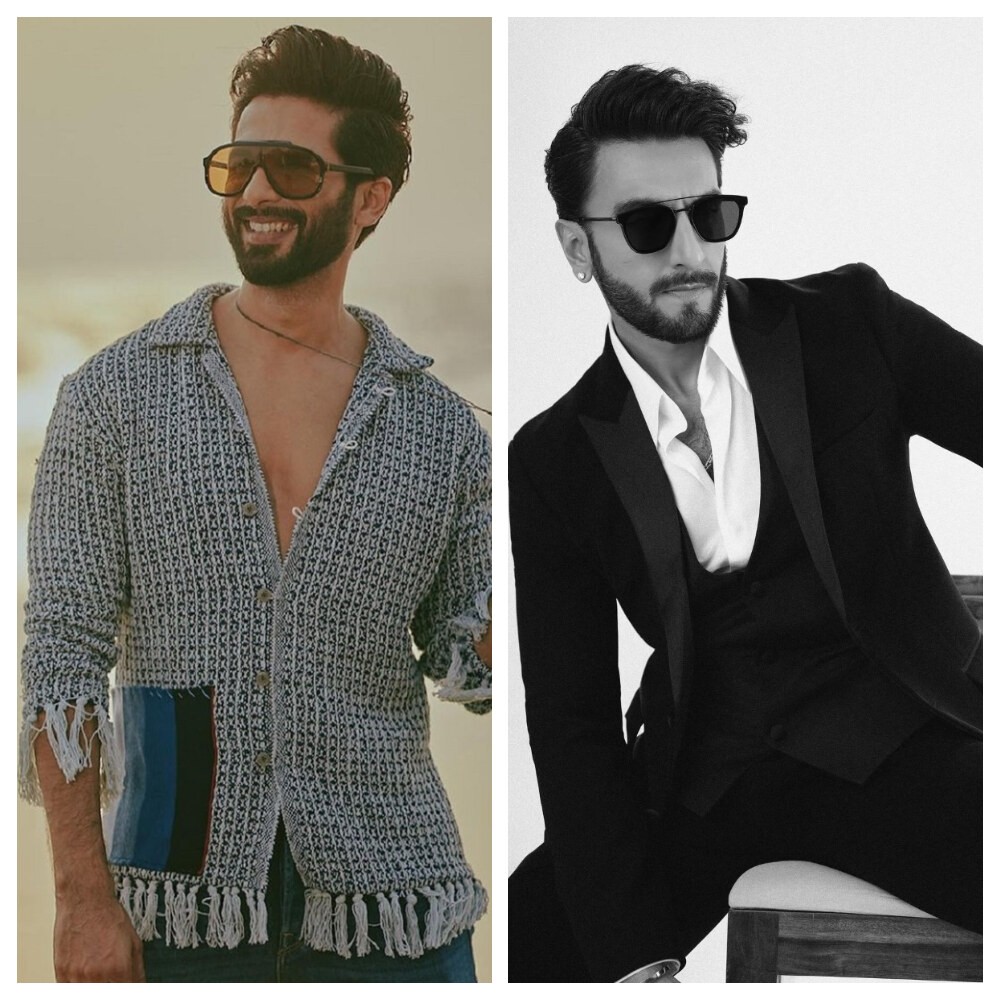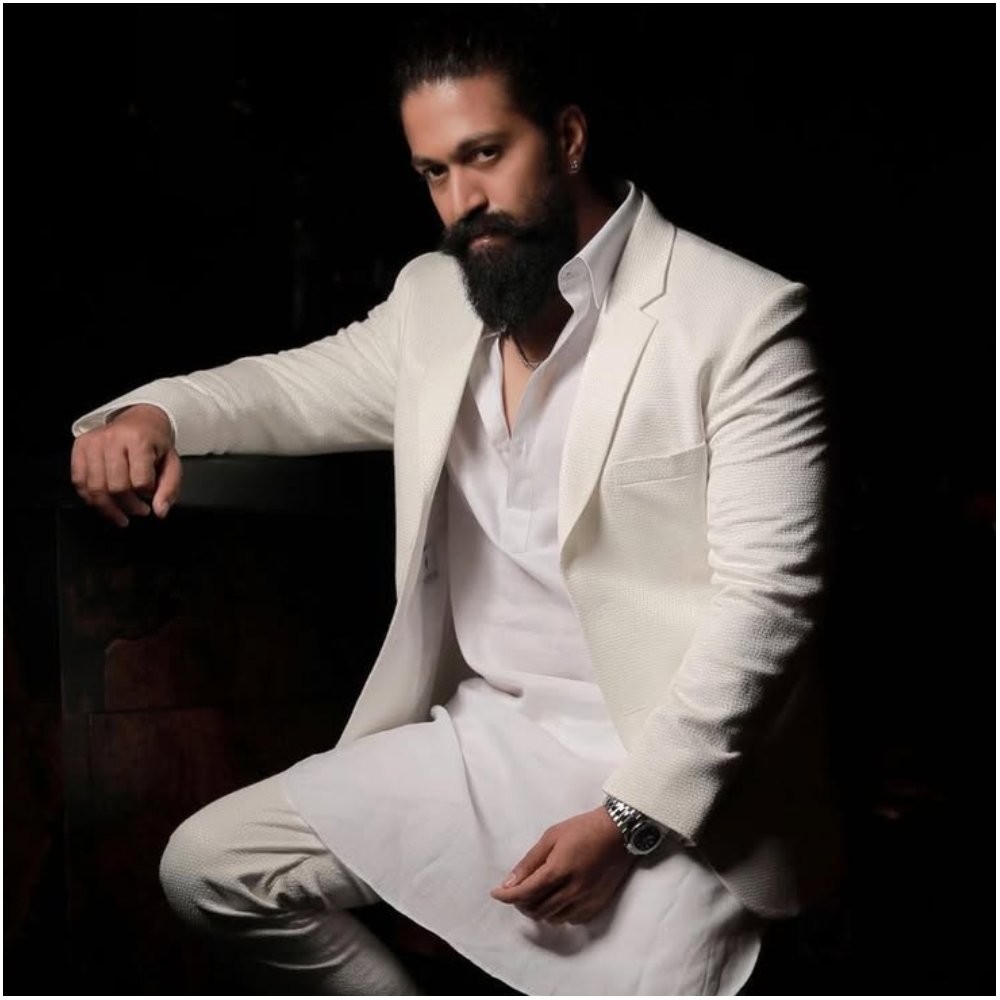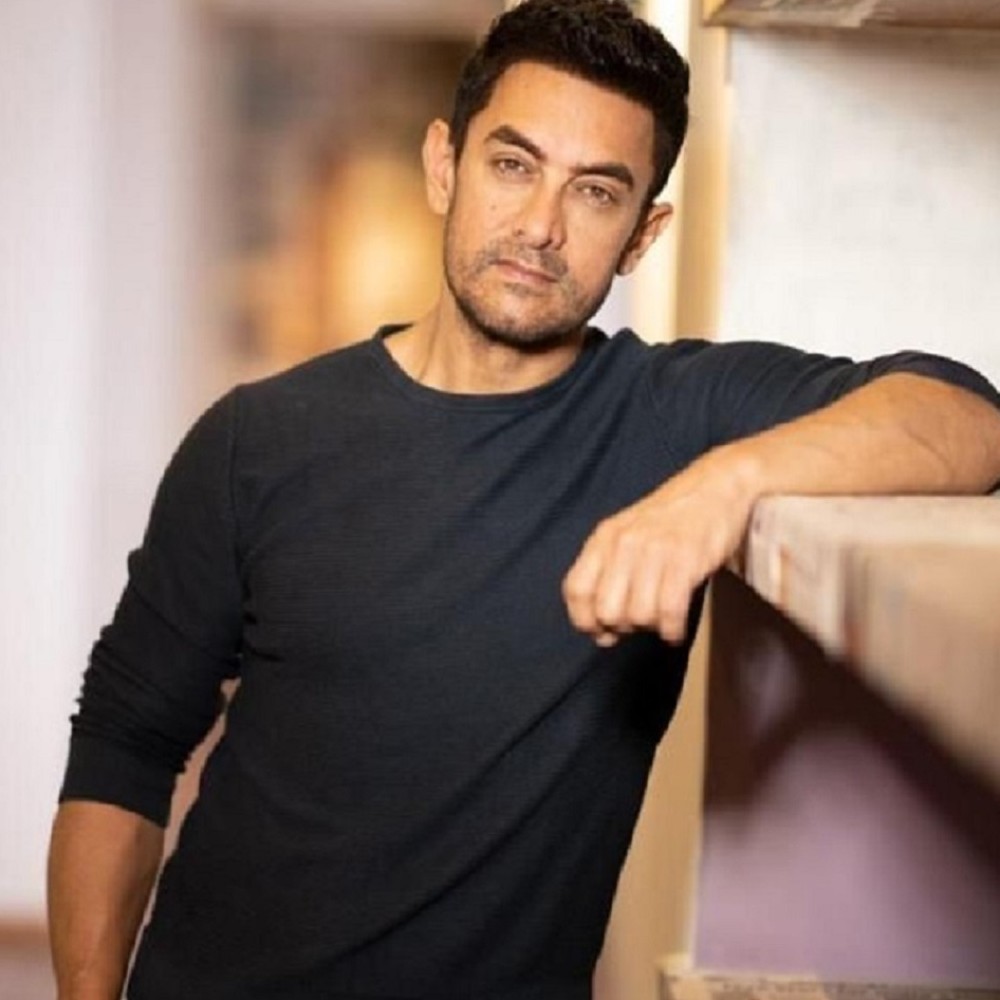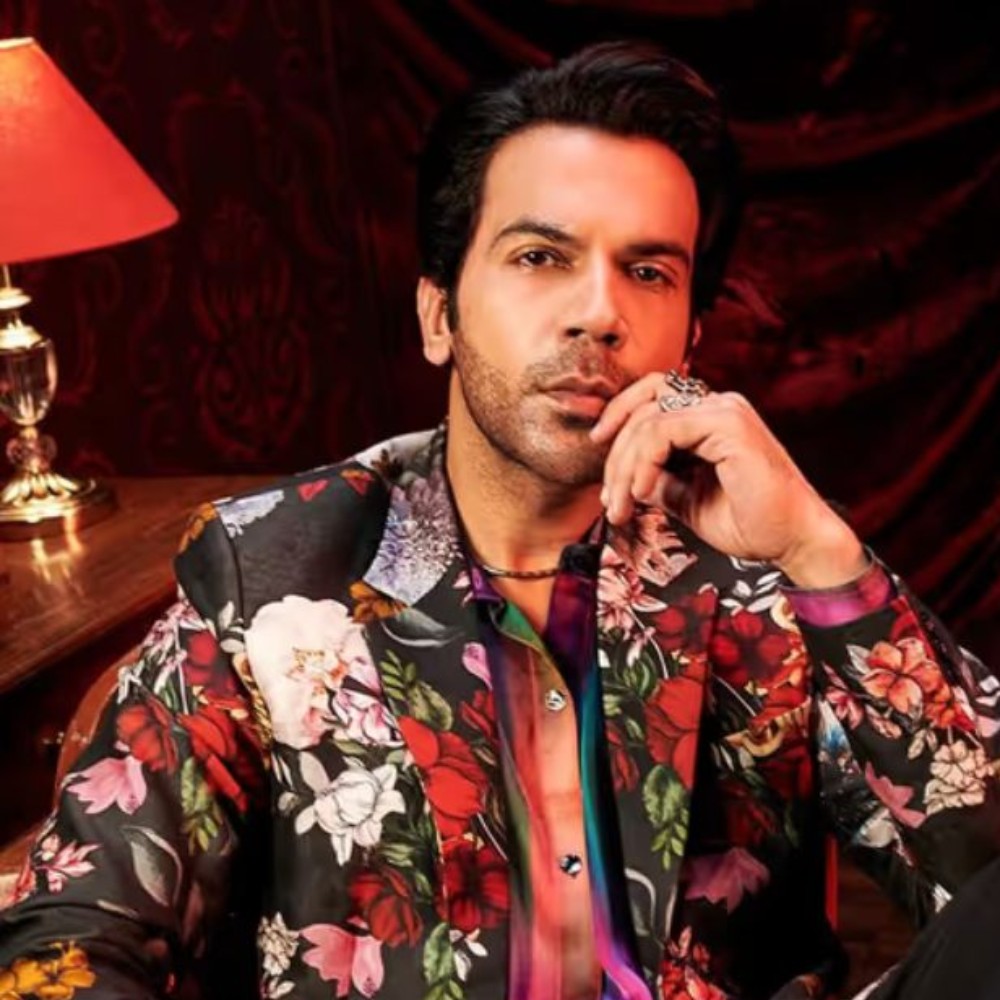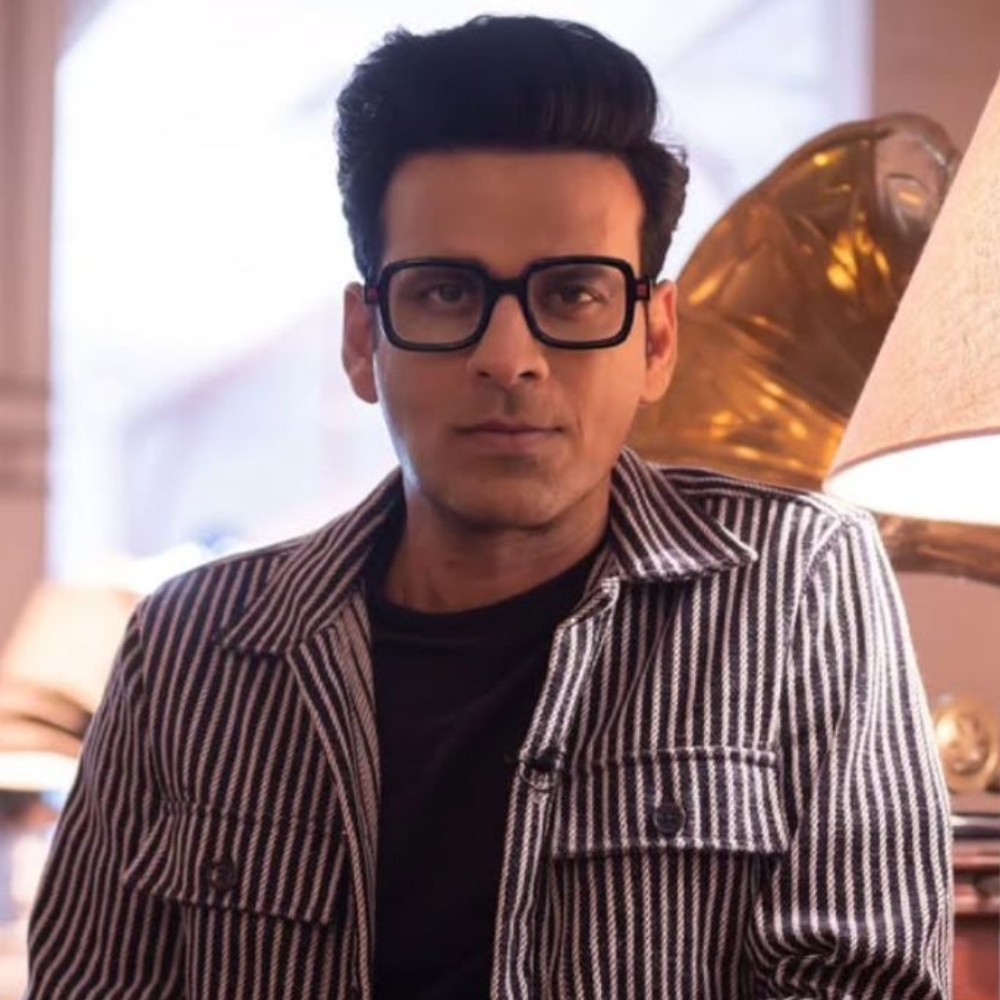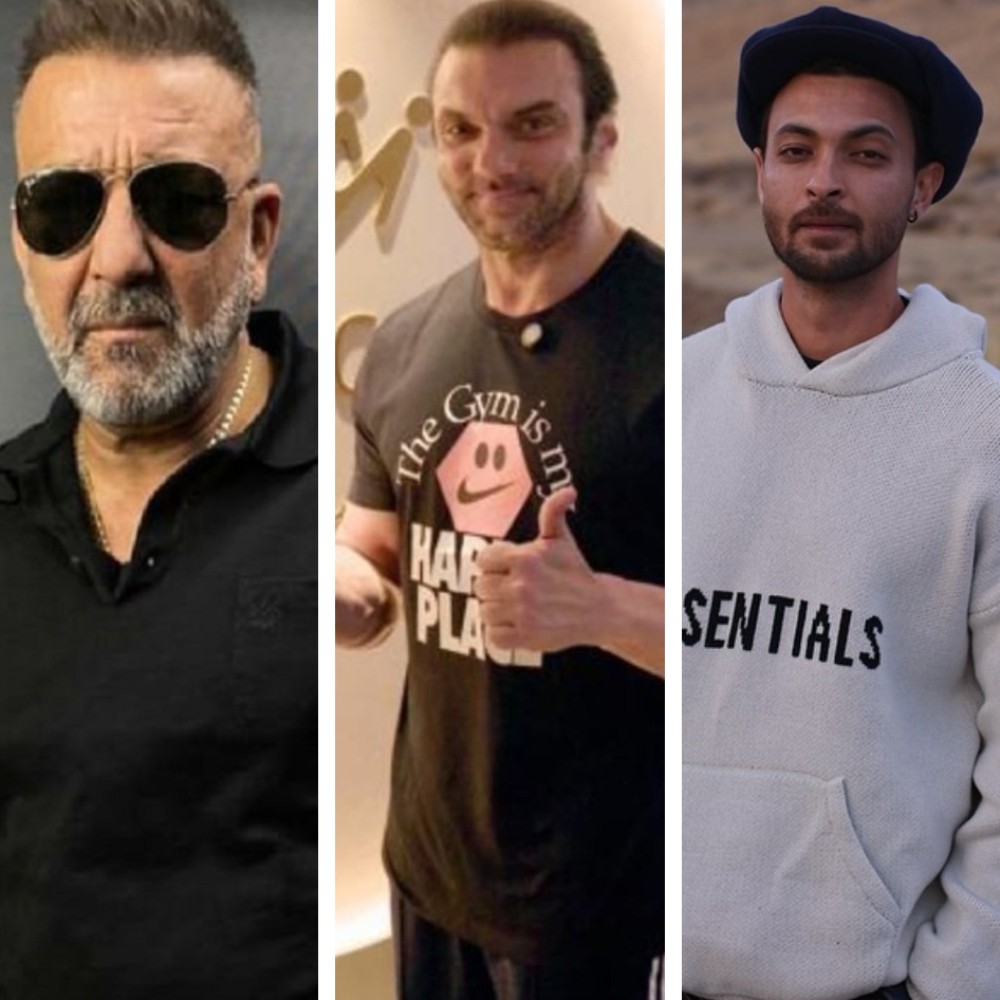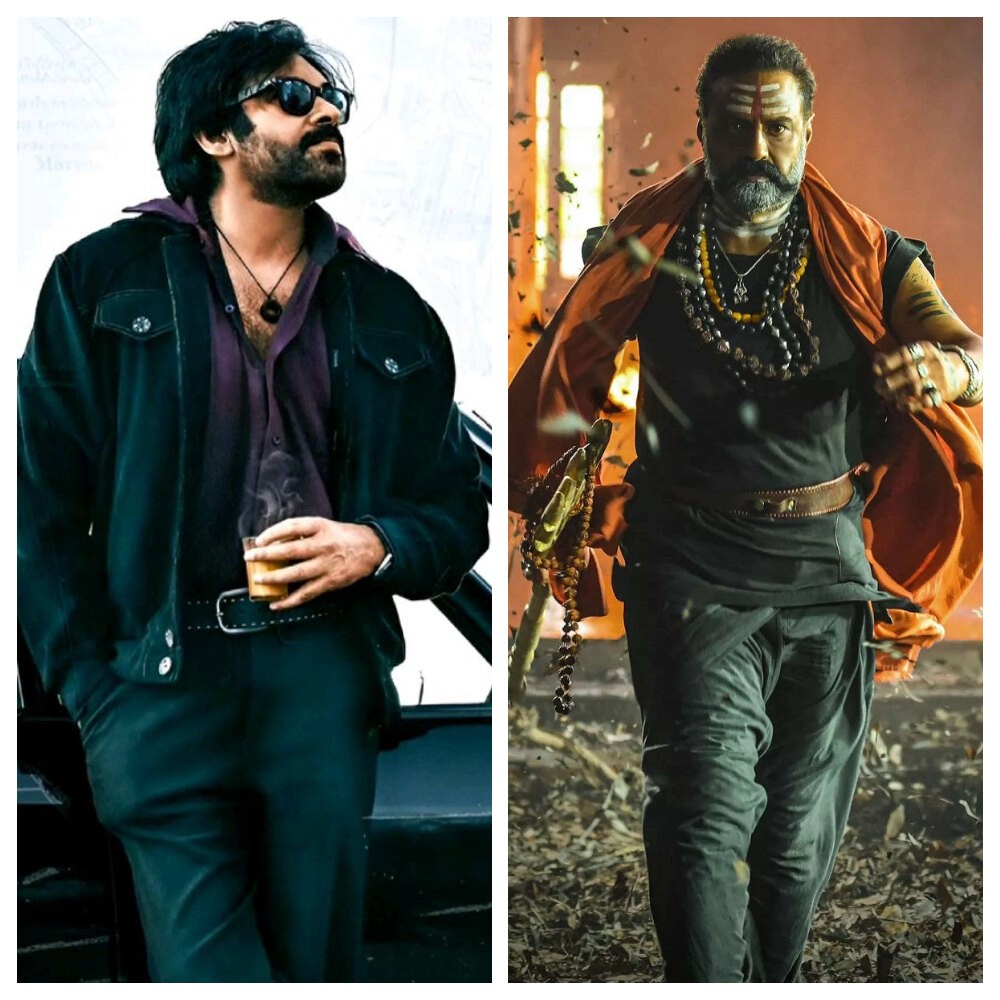EXCLUSIVE: Women's Day Special: Manisha Koirala - It's high time actresses demand equal pay
This Women's Day, Manisha Koirala talks to us about her journey, her tryst with cancer and pay disparity that exists between male and female actors in Bollywood.

"Strong women need not declare they can carry all the burdens in life. They just quietly do it and survive with a smile" - this adage stands true for most women. From kicking ass at their workplace to managing their household chores with a lot of zeal, women have been doing it all with a SMILE. And while most feel that a woman's spirit should be celebrated everyday and not just one day, we do have a single day dedicated to the so-called weaker sex! As the world celebrates the International Women's Day today, we catch up with a headstrong lady who has fought her battle with great strength and dignity and it is none other than - Manisha Koirala. She has faced the storm quite early on in her life, but instead of breaking down, she has held the pieces tight and has got back with more vigour. The actress, who was on a sabbatical after being diagnosed with Cancer, is slowly and steadily getting back in action.
The gorgeous actress is gearing up for her next big-ticket film, the Dutt biopic where she plays the role of Nargis Dutt. In a quick yet candid conversation, Manisha shares with us her 26-year long journey in Bollywood, her tryst with Cancer, her path to recovery and how she is appreciating the new wave in Bollywood that sees actresses in the lead roles. Excerpts:
You have been in the industry for almost 26 years now. With some critically acclaimed films and some commercial hits, your graph has been impressive. What kept you going?
I guess the love of cinema. It is my backbone. It is something that gives me energy. Despite all the struggle and turmoil, I still want to perform. I still want to act. I have seen this with most of us actors, filmmakers, writers. This is what we are and it is a part of us.
Do you miss being on the set when you are not shooting?
As long as I know that I am going to be working, whether it is now or after one year or after two years, it doesn't matter. The drive to shoot everyday of my life has gone. In fact, that was my reality many years back. I have shot 18 hours a day, non-stop for seven days a week. And I have finished about 80 films. It used to be my reality then but I don't think it is my motto now. I definitely would want to be working at an easy pace and in some good films. That is my aim now.
People applauded your choice of films. Did that add pressure in terms of choosing which movie to do?
I guess, umm... there would have been a pressure had I taken it as a pressure. I was never that ambitious. I was never that driven, to be very honest. It was like fine, I am doing good work, I am enjoying to do good work and I have loved working in good films. Hence people have liked me in films like 1942: A Love Story, Khamoshi or Bombay. I have really enjoyed doing those. But I mean it is like ..... I don't know how to explain it.
There came a point in the mid 2000s when your films weren't doing well. And that is when you were also diagnosed with cancer. Did that shake you up?
Absolutely. It was a horrifying experience. Very very scary experience. But there is a beauty in that. I am thankful for that. Before that, I was in a sad and unhappy space. That everything got shaken out of me and it was a blessing in disguise for me. I don't look at it with bitterness.
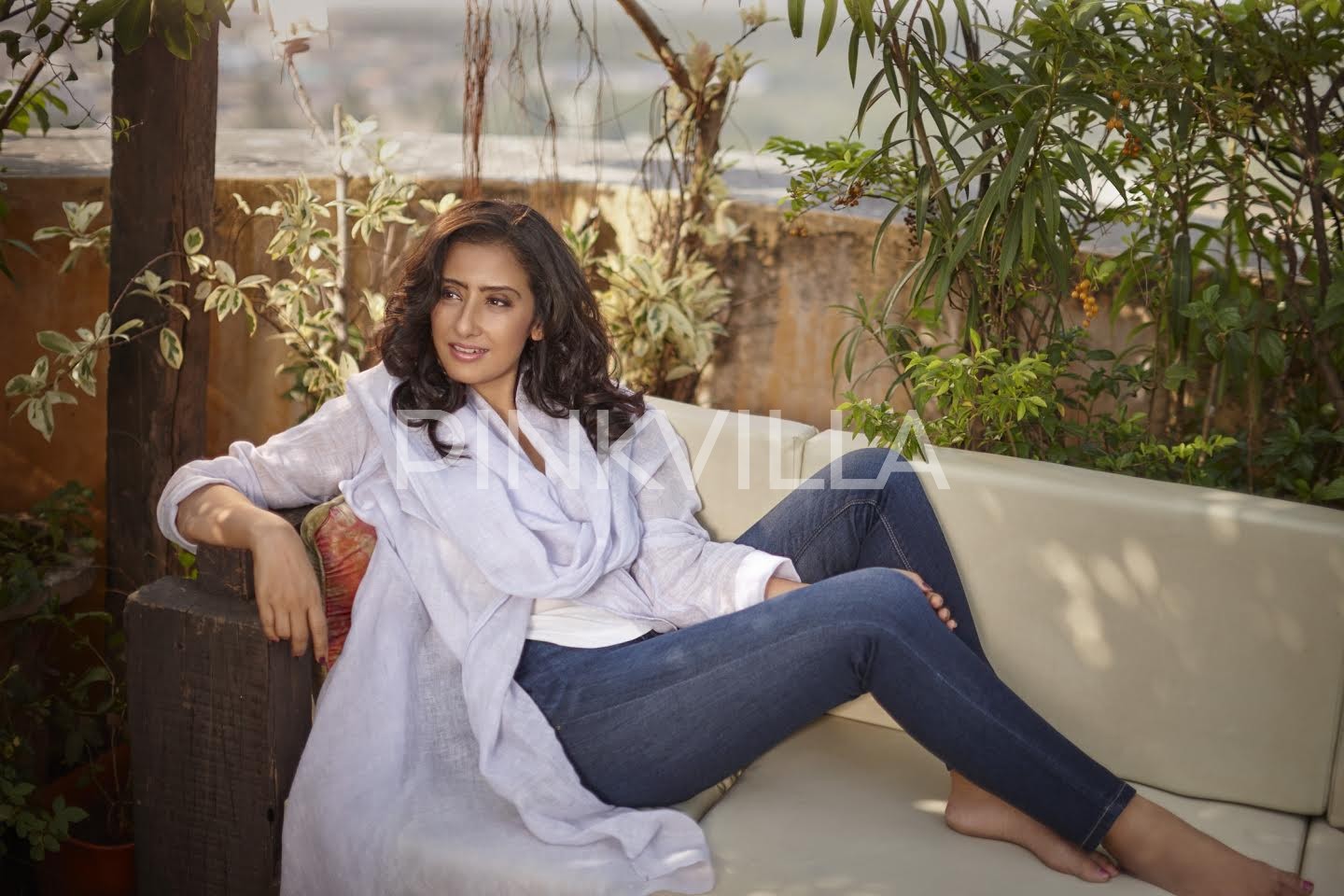
You have been a cancer crusader. The journey was indeed difficult. How do you look back upon it now?
Haa... For me to be completely through it is going to take another five years (laughs). Well, with each passing day, I gained more courage and a peace of mind and got a sense that I am fine now. Being a cancer patient, we all know that, even after successful surgery and chemotherapy, there is a fear of relapse. So we all live with that. I am counting so many of them now. It is a matter of time. I had to deal with it all by myself. First few years, my doctor had told me that 90% of the time it will come back. It is almost like living with a sword. You don't know when is it going to fall on you. But one part of that phase has gone and I am really grateful for God's kindness. I am here now and I am happy.
Today, when people talk about your tryst with Cancer, you have been an inspiration to many women. Who inspired you during your tough times?
You know I reached out to so many people and vice versa. This is a great aspect of humanity. When some of my own close people they got scared to see me in pain and turned away from me, there were so many people who embraced me. I realized that this world is still with kind people. I got so much support through Facebook, Twitter and emails. A lot of cancer patients reached out to me and told me don't worry, we have been in your shoes and have been there. At a time, I reached out to Lisa Ray. She emailed and we used to communicate that way. I would go on the net and read only positive and good results. I was focused on not feeding my mind with negative news. Lance Armstrong's story and many other stories were all my inspirations. Lisa was kind enough to get back to me. Another close friend of mine reached out to me. Her sister had Cancer and she was only 20 then. Now she is fine. So she told me not to worry.
In your interviews, you have often said that Cancer is considered a stigma in India. Has anything changed in the past few years?
It is going to take a while and a lot of awareness needs to be done because people still take it as a stigma. Once this whole bunch of kids I had interacted with, had Cancer. And while talking to their mothers, they told me, the society in which they live, people consider them as untouchables. If they go near them, then Cancer will spread. There are a lot of uneducated rumours about Cancer which are still persistent. In America, the reason behind Cancer rate slowly going down is because they are detecting it at an early stage. They are aware and they get health check-ups done frequently. My aunt is in America and on a regular check-up caught Cancer on a zero stage, which is totally curable. We need to generate more awareness and give some facilities for the poor people. In my lifetime if I can do some work with which I can feel satisfied, will be to take these things to the poor people. When I go to any government hospital, they are working so much but the problems are escalating. If there are 10 doctors then there are 100 patients. So the only way to lessen this is to make people aware of getting done the body check ups and to live a healthy lifestyle. I am hell bent to promote well-being, health and wellness.
You have always expressed your desire to adopt a child. Would you be doing it anytime soon?
Of course. If it happens, it will happen by the end of the year.
Any plans of remarrying?
Ummm.. No! I don't think I am in that phase. At this point of time, I don't think it is anywhere close to my agenda. I am just about breathing life now and getting a hold of it back and I am really embracing everything that is coming my way wholeheartedly. So I wouldn't want to rock the boat I am in right now.
2017 has started on a great note. You are returning to the big screen with the Dutt biopic. You also reunite with your 1942: A Love Story producer Vidhu Vinod Chopra. How does it feel?
I didn't interact with Vinod ji after the film that much. In fact, Rajkumar Hirani only made me speak to Vinod. But I am really excited about it and I am looking forward to it.
What prompted you to take up the role of Nargis Dutt in the Dutt biopic?
I am a little nervous (laughs). I really want it to do well. Raju ji keeps saying 'Manisha don't worry you will do well and I know you will rock it'. He keeps saying that and I am hoping it works that way. I watch Nargis Dutt ji's films and we have done the look test. We have done the clothes, the hair, the make-up and just about everything. And I am just preparing, reading and going through the film. I did all of this when I did the look test. Then I took a break in February because I was busy. Now I begin shooting in April.
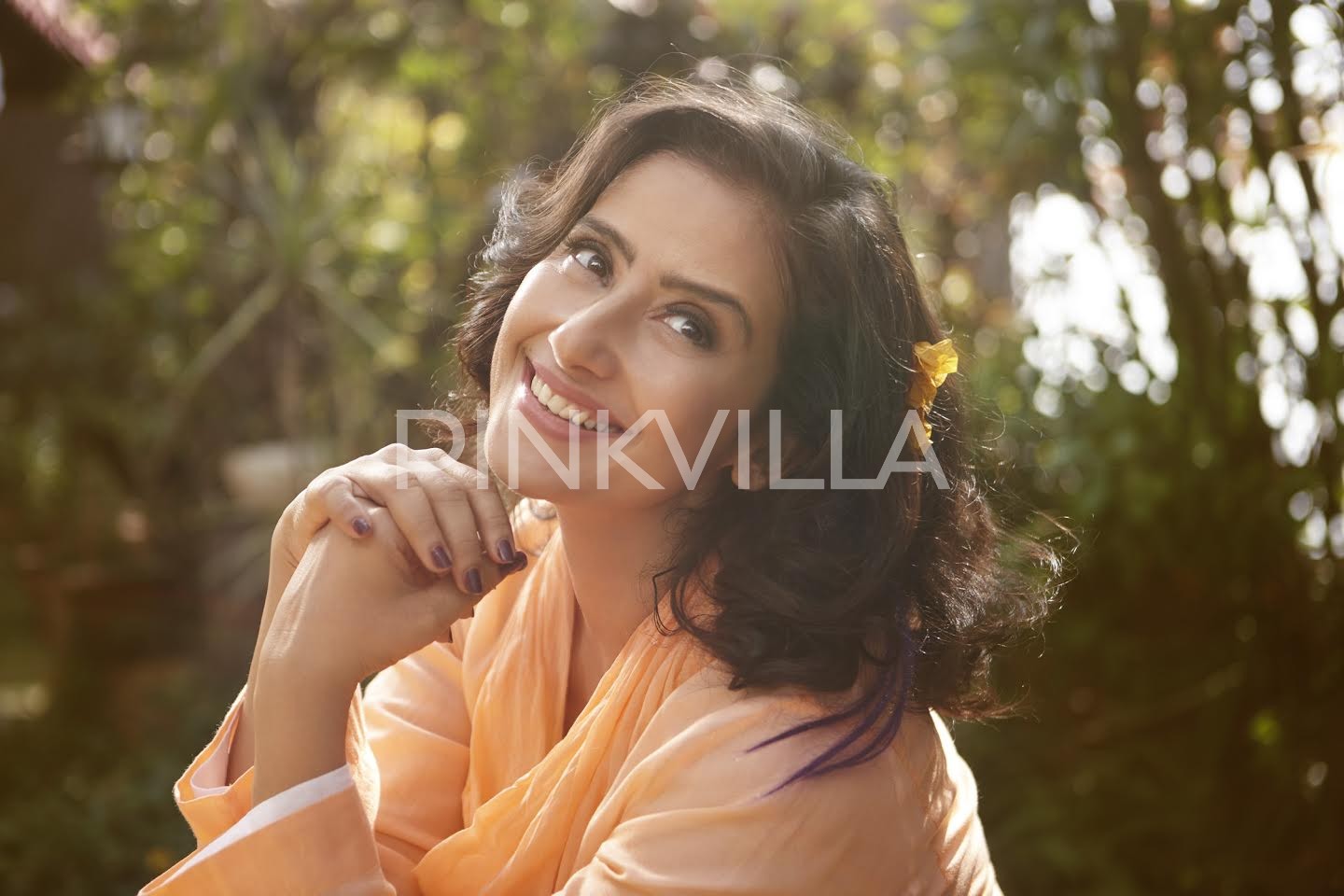
In the past few years, Bollywood has experienced a paradigm shift in the films that are being made with a lot of movies having actresses as the protagonist. What do you have to say about the shift?
See, I feel it is a great time in terms of different scripts and cinema being made and accepted and becoming successful. But I am still looking forward to the protagonist role where the woman is 40 plus. We still need to do that. We haven't done that yet. We have actresses getting the lead role but they are all young. And we have actors above a particular age getting good roles. But not the other way round. And we will absolutely get there. It is rapidly changing and it is changing for so much better. I am so happy for the filmmakers. Earlier it was either art films or commercial films. Today, whatever earlier we used to call art films, they are big hits. I see some very young talented actresses carry the entire film on their shoulders. Whether it is Vidya Balan, Kangana Ranaut or Alia Bhatt, it is just beautiful and great to see that. I really want them to succeed ten times more.
Also, there is a great discussion about the pay disparity that exists between male and female actors. Actresses have protested against it. What is your take on it?
(Laughs) I gave a talk on this in Vijaywada and I mentioned this topic in my speech. Actresses are equally important and they are a major part of the film and they should be paid an equal amount. And whoever is demanding an equal pay, is doing a good job. I did a little research on woman issues, and I was a little taken aback to know, that normally pay disparity exists around 11 to 25%, despite same qualifications and the amount of hardwork. A boy gets paid 25% more salary just because of the gender. The differences are quite high in two areas - labour class and the film industry. It is high time the actresses demand equal pay. I have been voicing the opinion and they are right there but I think it will be more impactful and effective if the younger generation does it. It is their time, role and their call.





 JOIN OUR WHATSAPP CHANNEL
JOIN OUR WHATSAPP CHANNEL




